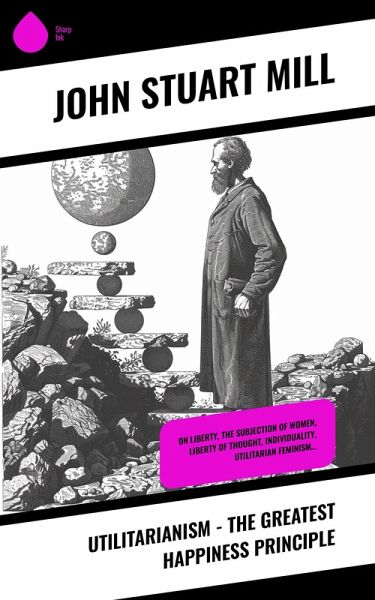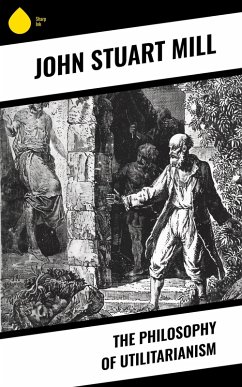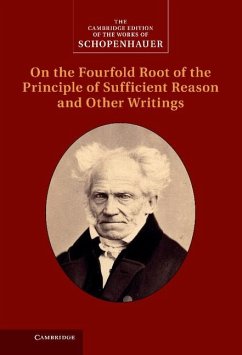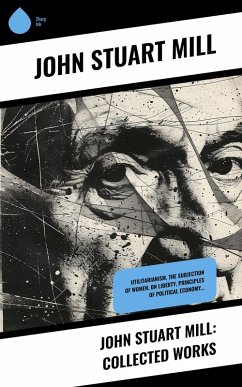
Utilitarianism - The Greatest Happiness Principle (eBook, ePUB)
On Liberty, The Subjection of Women, Liberty of Thought, Individuality, Utilitarian Feminism...

PAYBACK Punkte
0 °P sammeln!
In "Utilitarianism - The Greatest Happiness Principle," John Stuart Mill articulates the philosophical doctrine that promotes actions that maximize happiness and well-being for the greatest number of people. Through a clear and accessible literary style, Mill meticulously analyzes the foundations of utilitarian ethics, probing into the nature of happiness and the moral implications of pleasure. This work is set against the backdrop of 19th-century Enlightenment thought, where the tension between individual liberty and collective welfare emerged prominently, reflecting Mill's resolve to reconci...
In "Utilitarianism - The Greatest Happiness Principle," John Stuart Mill articulates the philosophical doctrine that promotes actions that maximize happiness and well-being for the greatest number of people. Through a clear and accessible literary style, Mill meticulously analyzes the foundations of utilitarian ethics, probing into the nature of happiness and the moral implications of pleasure. This work is set against the backdrop of 19th-century Enlightenment thought, where the tension between individual liberty and collective welfare emerged prominently, reflecting Mill's resolve to reconcile these seemingly opposing values within a single ethical framework. John Stuart Mill, a prominent British philosopher and political economist, was steeped in the liberal traditions of his father and the influence of Jeremy Bentham, the founder of utilitarianism. His experiences in a rapidly changing society, marked by the Industrial Revolution and social reform, significantly shaped his views on morality and justice. Mill's advocacy for women's rights, freedom of expression, and social equality underscores his commitment to a more equitable society, which he envisioned through the lens of utilitarian principles. "Utilitarianism" is highly recommended for anyone interested in ethical theory, moral philosophy, or social reform. Mill challenges readers to reconsider their ethical intuitions and the implications of their choices on societal welfare. This seminal text remains vital for understanding contemporary moral dilemmas and the pursuit of justice, making it an essential read for scholars, students, and engaged citizens alike.
Dieser Download kann aus rechtlichen Gründen nur mit Rechnungsadresse in A, B, BG, CY, CZ, D, DK, EW, E, FIN, F, GR, HR, H, IRL, I, LT, L, LR, M, NL, PL, P, R, S, SLO, SK ausgeliefert werden.













